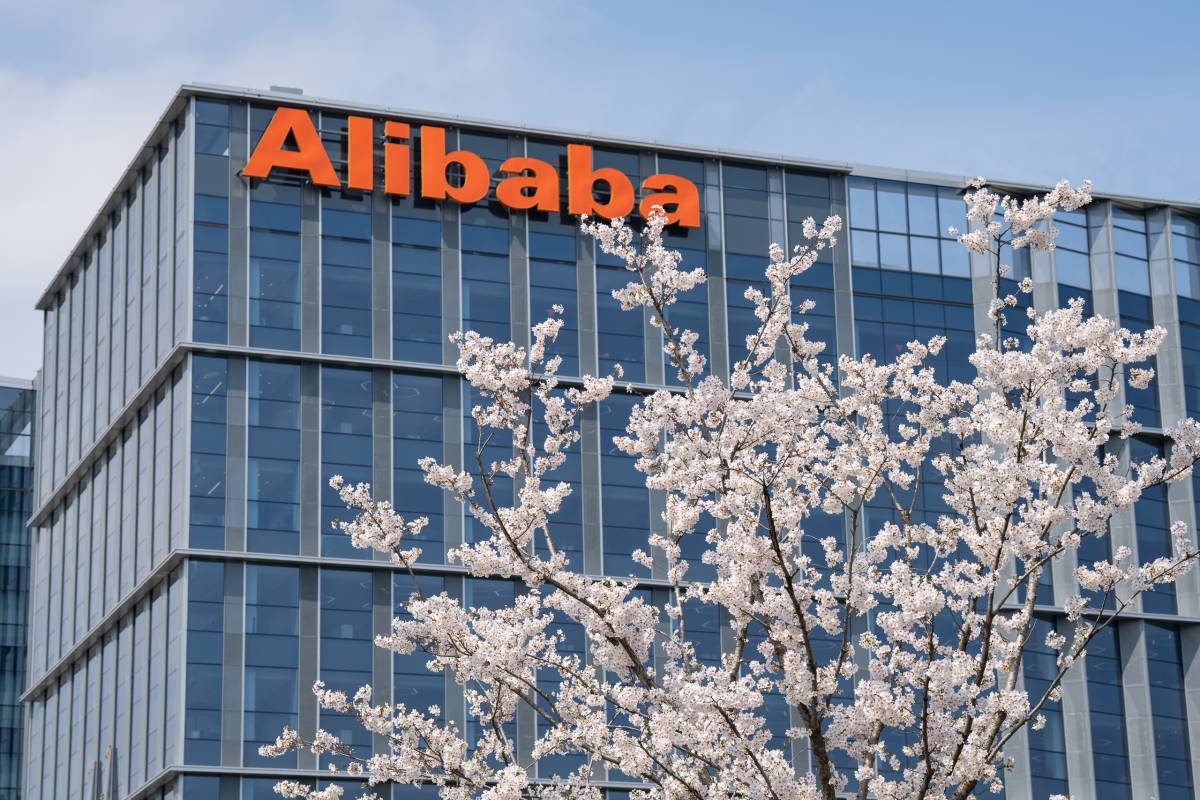
An independent advisor hired to evaluate Alibaba Group’s proposal to privatize its flagship e-commerce website Alibaba.com has recommended that shareholders approve the deal.
Under the terms of the $2.45 billion privatization plan, details of which were made available today, Alibaba Group is offering to acquire the entire minority stake in Alibaba.com it does not already own by paying public shareholders HK$13.50 a share. The offer price matches the price at which Alibaba.com went public on the Hong Kong Stock Exchange in 2007.
When the plan was announced in February, Alibaba officials said taking Alibaba.com private will allow the Group, which owns about 73% of the online trading website, to make long-term strategic decisions affecting the company’s future without the pressures that come from having a publicly listed subsidiary, such as market expectations, earnings visibility and stock price volatility.
The privatization bid comes as Alibaba.com, which helps match manufacturers and suppliers with buyers all over the world, is increasingly challenged by slowing revenue growth and contraction in its base of members who pay an annual subscription fee tomarket productson the platform. Company officials said privatization will provide minority shareholders an opportunity to realize returns while Alibaba.com implements a shift in its business strategy that is likely to hurt financial performance in the short-to-medium term.
After reviewing Alibaba.com’s recent financial performance, share price performance and other factors, Somerley Ltd., a Hong Kong specialist financial services company, concluded the terms of the proposal are “fair and reasonable as far as independent shareholders are concerned.” Somerley was appointed by a committee of independent Alibaba.com board members to evaluate the privatization plan.
Both Somerley and the independent committee recommended that shareholders vote in favor of the deal by proxy or at a general meeting scheduled to be held in Hong Kong on May 25.
In a letter included in a detailed Scheme Document covering the proposal released by Alibaba.com and posted on the Hong Kong Stock Exchange website, Somerley said the main shareholder benefits of privatization “arise from the sluggish performance” of Alibaba.com shares and the stock’s relatively thin trading liquidity. The HK$13.50 offer price represents a premium of approximately 61.3% over the average daily closing price of the shares of HK$8.37 in the 120 days leading up to the announcement of the privatization plan, Somerley said, calling the premium “a substantial uplift in shareholder value compared to the recent prices of the shares,” which have been generally underperforming the HSML Index, an index of 100 Chinese-company stocks trading in Hong Kong.
Based on the company’s 2011 financial results, the HK$13.50 offer pegs Alibaba.com’s stock price/earnings ratio at about 32, which Somerley found was above the average P/E ratio of 23.1 for a group of 14 Chinese Internet companies, although it was slightly below the average 34.9 P/E of four Chinese B2B companies: Global Sources, HCI, NetSun and Focus Technology.
Somerley also compared Alibaba.com’s proposal with 11 privatizations that took place in Hong Kong going back to January 2010, based on the premiums paidabove30-day, 90-day and 180-day average share prices. The Alibaba.com premium is higher than the group average in all cases. But Somerley cautioned that this comparison wasmadeonly as a reference, because companies involved ranged from banks to auto manufacturers and the deals took place under differing market conditions.
The question for many shareholders is likely whether Alibaba.com stock, which traded as high as $41.80 shortly after the 2007 IPO, can regain that lofty level. Company officials imply that’s improbable in the current economic environment. The Hangzhou, China-based company’s membership base depends heavily on Chinese manufacturers, and China’s exporters are facing increasing costs and lower orders amid slowing Chinese and global economies.
The company last year also shifted its strategy, focusing less on driving revenue through membership growth and more on improving the quality of suppliers using the platform, a move that is hurting financial results. “In the short to medium term, the aforesaid transformation of business strategy may continue to cast uncertainty on the company’s future growth and financial performance,” Somerley said. Privatization provides shareholders “with an opportunity to realize their investment in the company for cash at an attractive premium, instead of assuming a different risk profile brought about by the new business strategy.”
Under Hong Kong securities regulation, the offer price cannot be increased.




